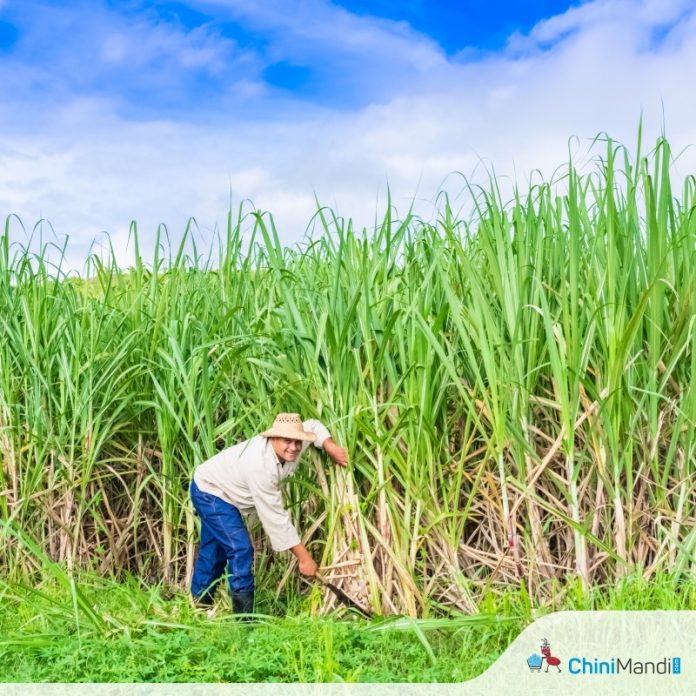Karbi Anglong district in Assam is poised to develop a thriving sugarcane industry due to its favorable climatic conditions, making it an ideal location for sugarcane cultivation. Along with the adjacent West Karbi Anglong district, Karbi Anglong holds significant potential for expanding sugarcane farming and related industries.
Key areas such as Bakalia in the Diphu sub-division and Kherani in the Hamren subdivision have already seen large-scale sugarcane farming. Local farmers are calling on the government to establish sugar mills in regions with abundant sugarcane crops, particularly in Bakalia and Kherani, reported Assam Tribune.
Kherani stands out with its professionally managed farming practices, which are maximizing sugarcane yields. The predominantly subtropical climate, featuring adequate rainfall and favorable temperatures, supports the successful growth of sugarcane in these districts.
As per Assam Tribune, while high-altitude regions may present some challenges, the overall environmental conditions across most areas are conducive to sugarcane cultivation. Additionally, the region’s fertile soil, a mix of clay, loam, and sand, provides an ideal growing medium for the crop.
Water resources are abundant, with numerous rivers, streams, and wetlands ensuring reliable irrigation. Recognizing the potential of the sugarcane sector, the Assam government has introduced several initiatives to promote its cultivation and the establishment of sugar mills. The Karbi Anglong Autonomous Council (KAAC) could play a crucial role in the development of local sugar mills, boosting job creation and driving regional economic growth.
In addition to sugar, sugarcane can be processed into ethanol, meeting the growing demand for biofuels and contributing to energy sustainability. The byproduct, bagasse, offers further economic opportunities, as it can be used to generate electricity or produce paper products, such as packaging and stationery.
To unlock the full potential of the sugarcane industry, improved infrastructure is crucial. Upgrading road connectivity will enhance transportation and market access, while better storage facilities will help preserve the quality of sugarcane. Enhancing irrigation systems will ensure efficient water use and consistent crop yields. Providing technical assistance, training, and extension services to local farmers will further improve yield and quality, promoting sustainable farming practices. Establishing strong market linkages and promoting sugarcane-based products will also increase demand, benefiting both farmers and businesses in the region.












